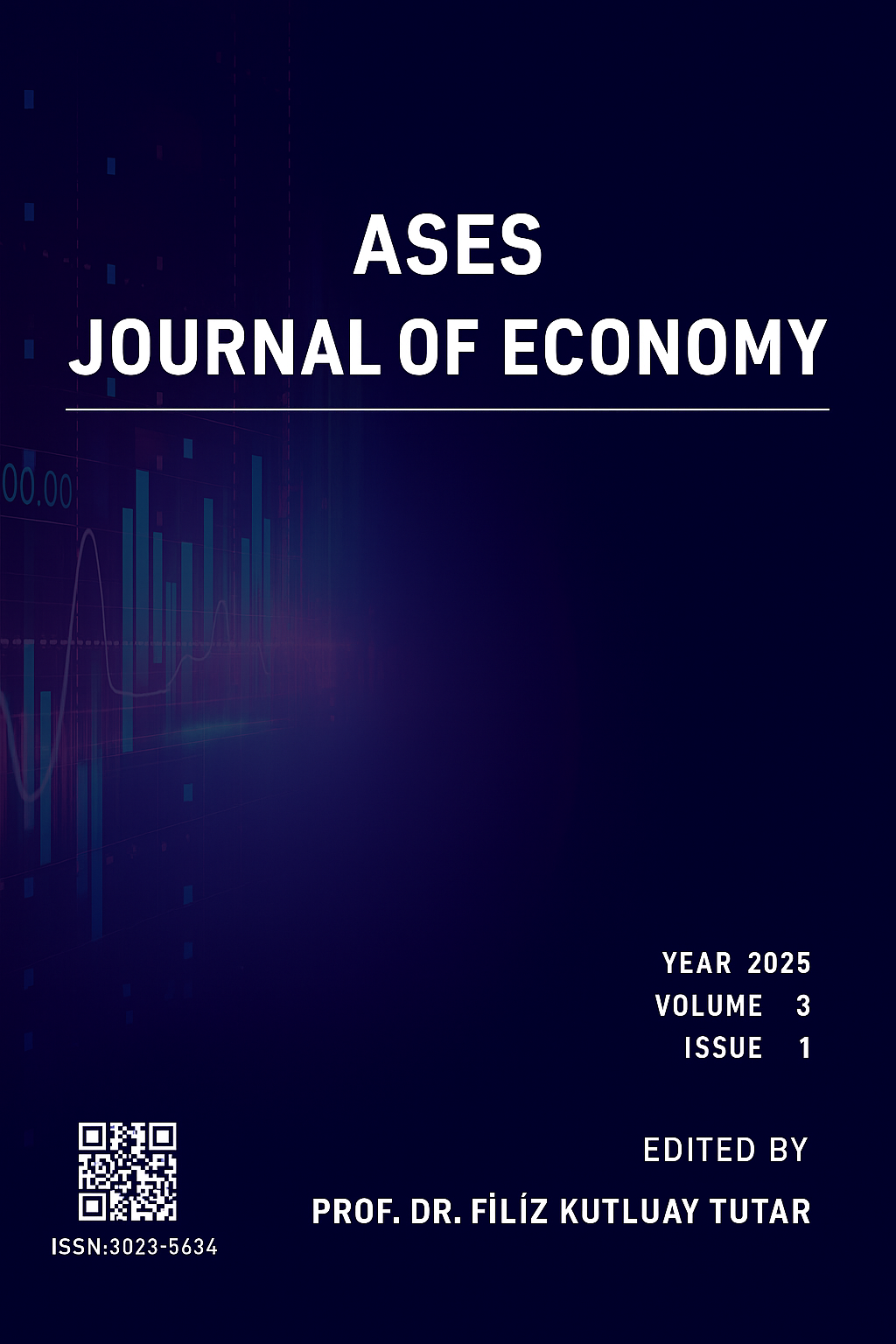Optimizing Productive Waqf as an Instrument of Sustainable Development in Indonesia
DOI:
https://doi.org/10.5281/zenodo.15714789Keywords:
productive waqf, digitalization, sustainable development, sharia economy, alternative financingAbstract
Digital productive waqf is one of the strategic alternatives in answering the challenges of financing sustainable development in Indonesia. With the potential for national waqf reaching Rp180 trillion per year, but with the realization still very low, optimization steps are needed so that waqf is not only a social worship, but also an economic instrument that supports the achievement of the Sustainable Development Goals (SDGs). The development of digital technology opens up new opportunities in waqf management, such as the use of online platforms, blockchain, and crowdfunding that can increase efficiency, transparency, and public participation. However, challenges such as low public literacy towards digital waqf and limited capacity of nazhir in professional asset management are the main obstacles. This research aims to formulate a strategy for optimizing digital productive waqf as a financing instrument for sustainable development in Indonesia. The method used is qualitative descriptive, with a literature study approach to various literature, scientific journals, data from official institutions, and relevant previous research results. The data analysis technique is carried out by selecting, grouping, and presenting data based on the theme: optimization of digital waqf, the role of technology, and sustainable development. The results of the study show that the digitization of waqf is able to answer various classic problems such as limited access, transparency, and effectiveness of fund management. Digital platforms such as Satu Waqf Indonesia, Dompet Dhuafa, and Al-Azhar Waqf are real examples of modern waqf initiatives. Public literacy is still low (50.48) and lack of nazhir competence are important concerns that must be addressed through training and public education. This research also confirms that collaboration between the government, Islamic financial institutions, and technology startups is key in building a strong digital waqf ecosystem. Optimizing digital productive waqf can not only be a solution to the limitations of national development financing, but also be able to create an inclusive and sustainable Islamic economic system. With a holistic approach, digital waqf has the opportunity to become a driver of a just economy for the people of Indonesia.
References
Adolph, R. (2016). MANAGEMENT OF PRODUCTIVE WAQF OF CAVENDISH BANANA
PLANTATION AT ROUMAH WAQF INSTITUTION SURABAYA. 08(01), 1–23.
Andini, B., Pahlawan, U., & Tambusai, T. (2024). Optimization of Waqf Sukuk in Sharia
Economic Development. 1, 37–42.
Anggraini, R. D., Dewi, N. D., & Rofiq, M. (2024). Optimizing the Potential of Waqf in
Indonesia: The Challenges and Role of Digitalization in Strengthening the Benefits of
Waqf for the Community. Journal of Islamic Business Management Studies, 5(1), 60–67.
Auna Nida Ulhusna, N. S., Azizah, N., Putri Dinanti, S., & Adriansyah, Z. (2024). The Role
of Digital Waqf in Achieving the Sustainable Development Goals (SDG's).
OIKONOMICS: Journal of Islamic Economic and Financial Studies, 5(1), 52–63.
https://doi.org/10.53491/oikonomika.v5i1.1128
Choirunnusak, A. A. J. (2022). Optimizing Waqf Innovation in Indonesia in the Digital Era in
Answering Challenges and Opportunities for Choirunnisak1.
Chusma, N. M. C., Sa'diyah, H., & Latifah, F. N. (2022). Money waqf as an instrument of
Islamic economic development. Wadiah, 6(1), 76–97.
https://doi.org/10.30762/wadiah.v6i1.163
Diniyah Sukma, E. L. (2021). Digital-based productive waqf as an instrument for the
development of Islamic monetary policy. Al-Musthofa: Journal of Sharia Economics,
(1), 11–21. http://www.ejournal.iai-tabah.ac.id/index.php/musthofa/article/view/631
Fauzi, A., & Oxtavianus, A. (2014). Measuring Sustainable Development in Indonesia. In
MIMBAR, Journal of Social and Development (Vol. 30, Issue 1, p. 42).
https://doi.org/10.29313/mimbar.v30i1.445
Maisyarah, A., & Hadi, K. (2024). Implementation of a Digital-Based Waqf Management
Model in Improving the Sustainable Development Goals (SDGs). Scientific Journal of
Islamic Economics, 10(1), 887. https://doi.org/10.29040/jiei.v10i1.12079
Mochammad Masrikhan. (2019). Optimizing the Potential of Waqf in the Digital Era through
ISSN
ASES INTERNATIONAL JOURNAL OF ECONOMY
Wakafin.Com Online Platform with the Concept of Crowdfunding as a Community
Economic Driver. Istismar: Journal of Sharia Economics, Vol. 1(1), 1–12.
http://ejournal.unwaha.ac.id/index.php/istismar/article/view/300
Mohammad Radwan, M. Q. (2023). The Role of Zakat on Economic Development among
Jordanian Country. Economic Journal.
-5634
Pimada, L. M., Sayuta, R. B. N., & Gunawan, E. V. (2022). Waqf Fund Optimization
Strategy: Equitable Distribution of Waqf Funds During the Pandemic. HUMAN FALAH:
Journal of Islamic Economic and Business Studies, 9(1).
https://doi.org/10.30829/hf.v9i1.11815
Selasi, D. (2021). Building the country with productive waqf. TAWAZUN : Journal of Sharia
Economic Law, 4(1), 84. https://doi.org/10.21043/tawazun.v4i1.8741
Smail, A. G., Abdullah, R., & Zaenal, M. H. (2022). Islamic Philanthropy: Exploring Zakat,
Waqf, and Sadaqah in Islamic Finance and Economics. Bandar Seri Begawan: Palgrave
Macmillan.
Sugianto, & Fadhel Mohammad. (2024). Productive Waqf: Moving the People's Economy
Towards Sustainable Economic Resilience. Opportunity Journal of Research and
Community Service, 2(1), 136–145. https://doi.org/10.55352/ojppm.v2i1.946
Sundari, S. (2023). Productive Waqf as a Strategy for Community Economic Empowerment
Towards Sustainable Development in the 4.0 Era. La Zhulma| Journal of Islamic
Economics and Business, 57–68.
Downloads
Published
How to Cite
Issue
Section
License
Copyright (c) 2025 Irfan aminullah irfan, Hendri Hermawan ADİNUGRAHA

This work is licensed under a Creative Commons Attribution 4.0 International License.



